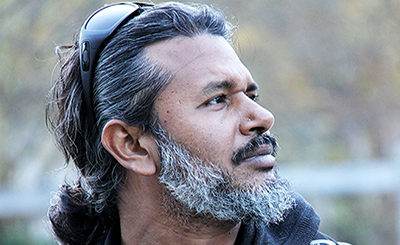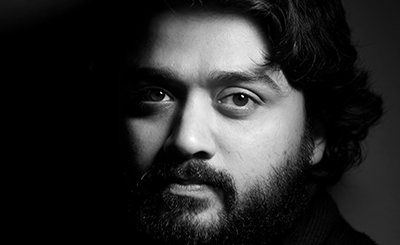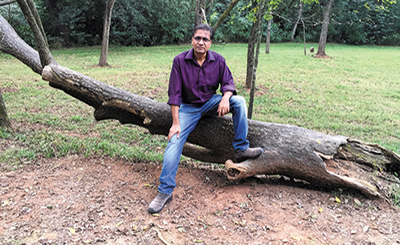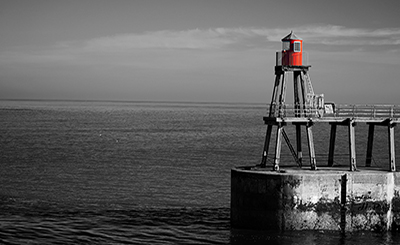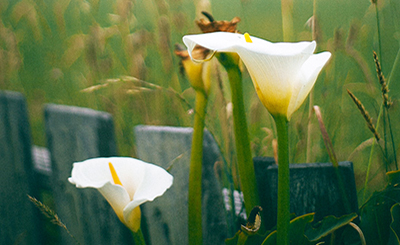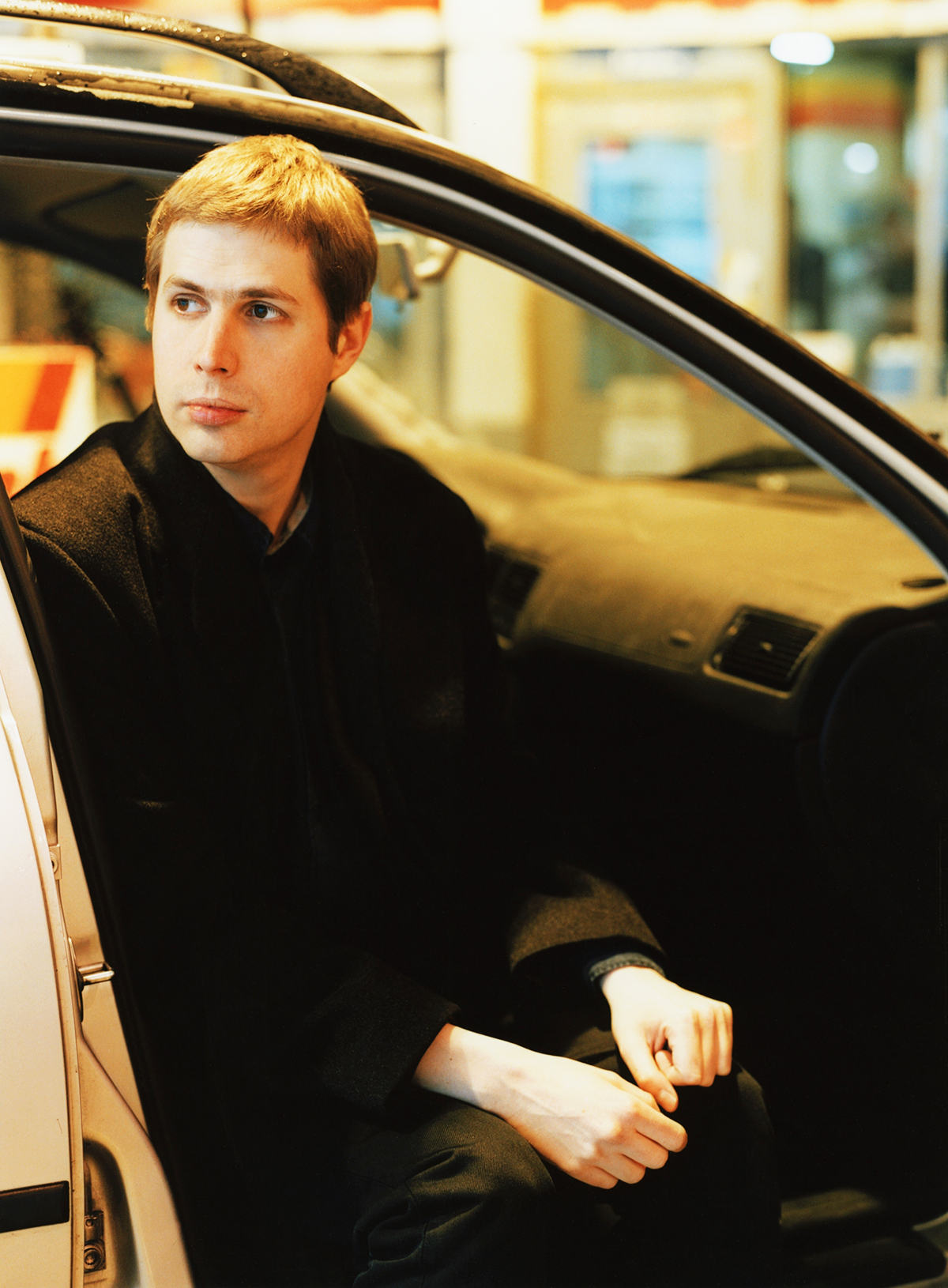
Daniel Kehlmann, the author of Tyll, which was on the shortlist of 2020 Booker International Prize. Photos: Booker Prize Foundation
German-Austrian author Daniel Kehlmann, 45, is known for drawing on historical figures and weaving their fates in his enchanting novels, a blend of magical realism and adventure. His latest, Tyll (Riverrun, 2020), which was shortlisted for the 2020 International Booker Prize, is a thrilling retelling of the German myth of Tyll Ulenspiegel, a vagabond performer and trickster. The novel has earned praise from several quarters, including Salman Rushdie, who has termed Kehlmann to be the “true inheritor of the German fabulist tradition that stretches back to the Brothers Grimm and even further”.
The previous novels by Kehlmann, who shuttles between Vienna, Berlin and New York, include Measuring the World, Me & Kaminski, Fame, F and You Should Have Left. He has won numerous prizes, including the Candide Prize, the Literature Prize of the Konrad Adenauer Foundation, the Doderer Prize, The Kleist Prize, the WELT Literature Prize, and the Thomas Mann Prize. Measuring the World was translated into more than 40 languages and is one of the celebrated works of post-war German literature.
New York-based Ross Benjamin, who has translated the novel from German, is a prize-winning translator and writes literary criticism for The Times Literary Supplement, among other publications. He was a Fulbright Scholar and a Guggenheim Fellow and graduated from Vassar college.
In this interview, Kehlmann talks about how Tyll became a symbol of the dark side of art to him, the fact that “art can thrive in dark times and that catastrophic times are actually the times to make good art.” Excerpts from the interview:
Shireen Quadri: In Tyll, your eighth novel and the sixth one to have been translated into English, set in the 17th century Europe and drawing on the ravages during the Thirty Years’ war, unravels the darkness of the times — the wars of religion and the inefficacies of statecraft. It’s a novel that speaks to our times in more ways than one. Did you work on the synergy between the mashed-up echoes of the past and the present in the novel?
Daniel Kehlmann: I really didn’t. I was interested in the strangeness, the other-ness of the world of Early Modernity. When I started working on Tyll, the topic seemed extremely untimely. But that all changed while I was working on the book — it was a very strange experience to feel that the world I was writing about and the world I was living in coming closer and closer together. Now even the plague has made a comeback!
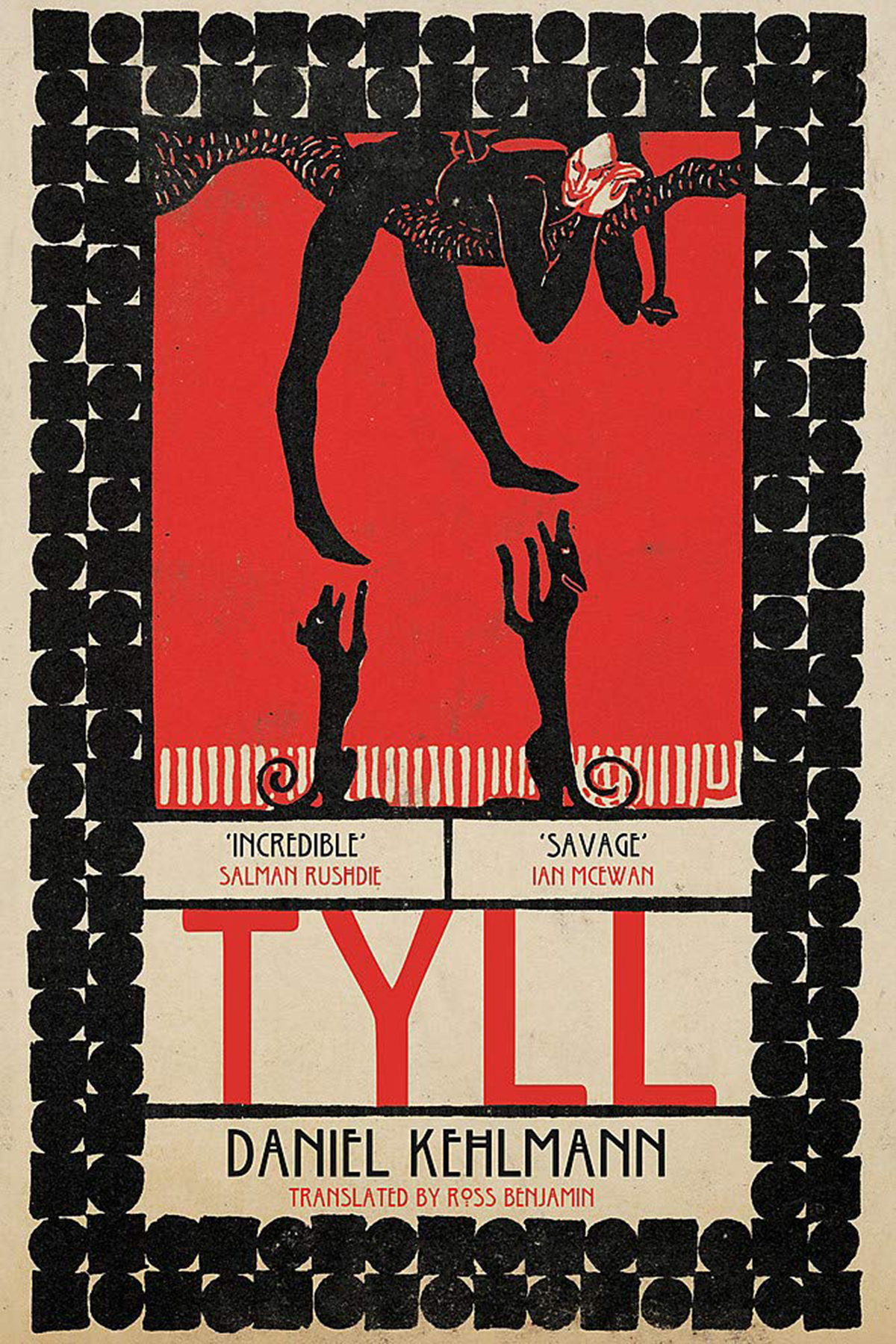
Tyll: A Novel, By Daniel Kehlmann, Translated by Ross Benjamin, Riverrun, pp. 352, Rs 599
Shireen Quadri: The protagonist of the novel is based on the German folktale of a wandering trickster, Tyll Ulenspiegel. What struck you the most about him?
Daniel Kehlmann: His extreme resilience. Every prankster is, by definition, also a master of escape, otherwise he wouldn’t live to play another prank on new people. Tyll become for me a symbol of the dark side of art, the fact that art can thrive in dark times and that catastrophic times are actually the times to make good art — as long, of course, as the artist survives. Which is not a given.
Shireen Quadri: The novel, though steeped in death and dark magic, holds out humour as offering hope in the times of strife. Tyll, with his company, careens through flashpoints of the turbulent phase of European history, in a string of disconnected and contradictory vignettes. Did you settle on the form to align it with the heart of the novel?
Daniel Kehlmann: If you have the great prankster Tyll as the guiding spirit of your book that book has to somehow mirror Tyll’s character. It has to be strange and unforeseeable, and it has to play its own pranks on the reader. That was not a conscious decision on my part, it just came with the protagonist and the material.
Shireen Quadri: Tyll is your second work of historical fiction after your 2005 bestseller, Measuring the World. Did you want to make the story darker? Was it a challenge to keep the humour alive in a setting so bleak?
Daniel Kehlmann: Definitely. It could have become a very bleak novel easily — but I felt that in that case I would lose the right to use Tyll, the guiding spirit of comedy and resilience, as a main character. So it had to be a funny book. Sometimes that was very hard work. But of course the reader should never notice that.
Shireen Quadri: How central is the idea of escape to your novels? What is your core impetus and enterprise as a fiction writer?
Daniel Kehlmann: I don’t think I have one core impetus. In my novels about history though I am really interested in what a strange, distant country our past can be. It’s not quite true that human beings have stayed the same over history. We changed to an amazing degree — and that’s what I find most interesting: How different the world was, how different human souls used to be. Just looking for similarities between back then and now would be like travelling the world but only eating at McDonald’s.
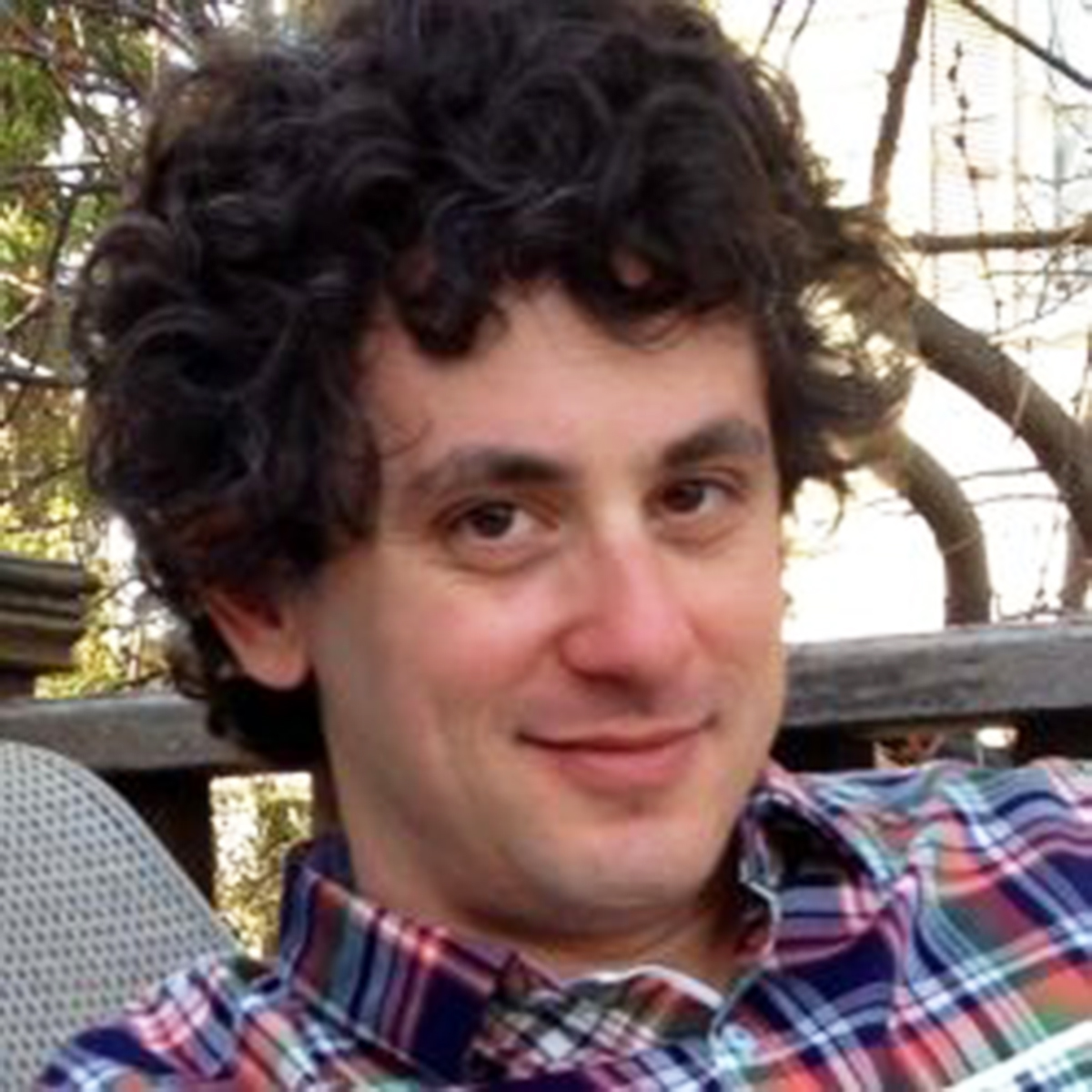
Ross Benjamin, the translator of Tyll.
Shireen Quadri: Your novels have a singular vein of wit running through them. Do you have to work on this aspect?
Daniel Kehlmann: What I have to work on is to express my personality to the fullest in my work. If I manage to do that some element of humor and wit hopefully will always be there.
Shireen Quadri: Tyll is being developed as a show for Netflix. How involved have you been in the process? When is the series likely to be out?
Daniel Kehlmann: I cannot say too much now, but I definitely will be involved. As for the timing, I really don’t know, but as we all know Netflix can be very fast. So we’ll see.
Shireen Quadri: Your last novella, You Should Have Left, the story of a screenwriter and his family staring at a haunted rental in the mountains, will be adapted into a film, starring Kevin Bacon. What stage is the production in? Could you tell us about your favourite literary adaptions?
Daniel Kehlmann: The production is finished, the movie is amazing. It is so scary that I find it hard to watch, which is of course exactly what you want from a horror movie. You will be able to see it quite soon, that’s all I’m allowed to say at this point. As for my favorite literary adaptions, that would be Kubrick’s Barry Lyndon and the Coen brothers’ No Country for Old Men. By the way, it’s not true that good books make bad movies. About half of all really great movies are based on good novels.
Shireen Quadri: What are you currently working on?
Daniel Kehlmann: A new novel, but I’m too superstitious to go into any detail.
Shireen Quadri: Who are some of the contemporary writers writing in German you would recommend?
Daniel Kehlmann: I would always recommend Thomas Brussig — one of the best comic writers in all of Europe. And you have to read the short stories of Maxim Biller.
More from The Byword
Comments
*Comments will be moderated







